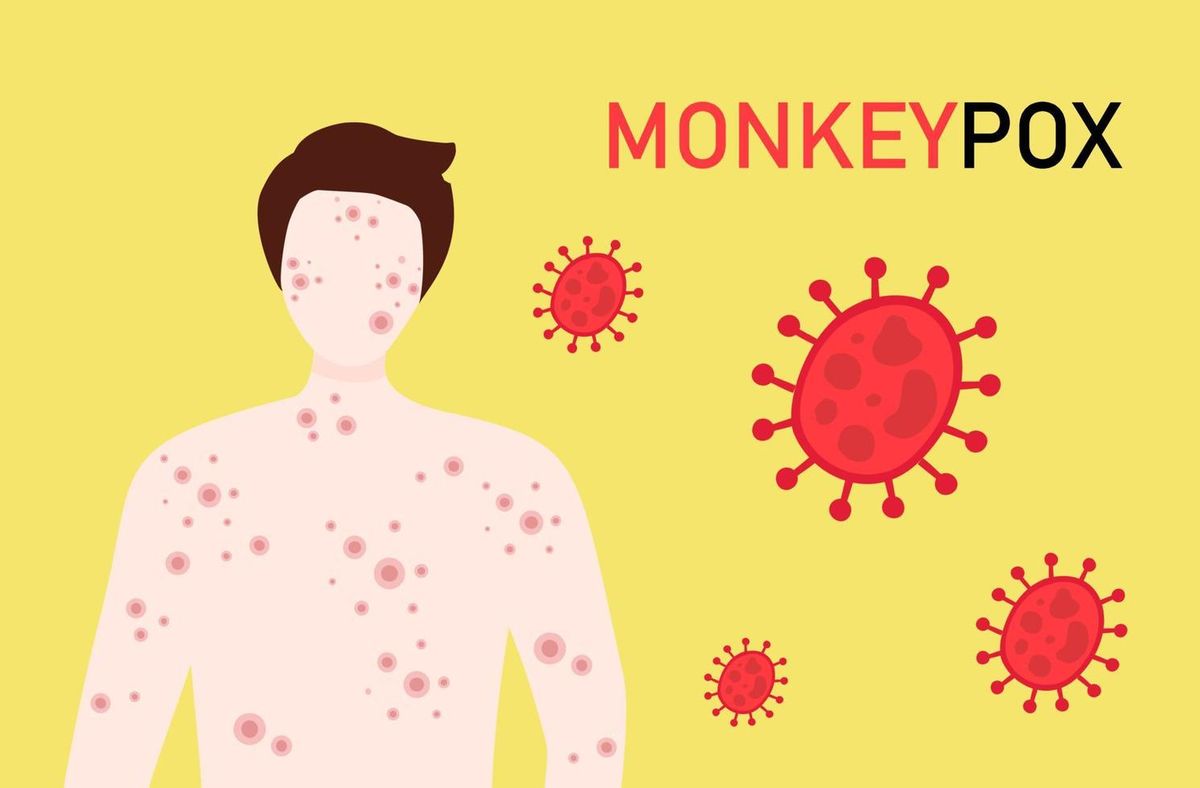Learn about the Mpox virus, its symptoms, how it spreads, and prevention methods. Stay informed and protect yourself with these essential health tips.

The Mpox virus (formerly known as Monkeypox) has raised global health concerns. It’s a rare but potentially serious disease caused by the Mpox virus, similar to smallpox. Although it is not as deadly, its spread has alarmed health experts worldwide.
How Does Mpox Spread?
Mpox spreads through close contact with an infected person, animal, or contaminated objects. The virus can be transmitted through:
- Skin-to-skin contact with lesions or rashes.
- Respiratory droplets from coughs or sneezes.
- Touching contaminated items like clothing or bedding.
- Direct contact with infected animals.
Symptoms of Mpox
Mpox symptoms usually appear within 5 to 21 days after exposure. They include:
- Fever and chills.
- Fatigue and muscle aches.
- Swollen lymph nodes.
- Headaches.
- A painful rash that turns into blisters and scabs.
The rash often starts on the face, hands, or genitals before spreading to other body parts.
Global Concerns and Affected Countries
Since its outbreak, Mpox has spread to multiple countries outside its usual endemic regions in Central and West Africa. The World Health Organization (WHO) has closely monitored outbreaks in:
- The United States
- United Kingdom
- Spain
- France
- Germany
- Canada
- Brazil
- Australia
The spread of the virus has raised concerns among global health organizations. Governments and medical institutions are actively working to contain outbreaks through vaccinations, awareness campaigns, and preventive measures.
Who Is at Risk?
Anyone can get infected, but certain groups are at higher risk:
- People with weakened immune systems.
- Those in close contact with infected individuals.
- Healthcare workers.
- People traveling to outbreak areas.
Prevention Tips for Mpox
While there’s no cure, prevention is key. Follow these steps to reduce your risk:
- Avoid close contact with infected people.
- Wash hands frequently with soap and water.
- Do not share personal items like towels or bedding.
- Wear a mask if in close contact with an infected person.
- Get vaccinated if you are at high risk.
Is There a Vaccine for Mpox?
Yes, the smallpox vaccine provides some protection against Mpox. Health authorities recommend vaccination for high-risk individuals. If you think you’ve been exposed, contact a healthcare provider immediately.
What to Do If You Get Infected
If you suspect you have Mpox:
- Isolate yourself to prevent spreading it to others.
- Seek medical advice for symptom management.
- Keep the affected areas clean and covered.
- Drink plenty of fluids and rest.
Final Thoughts
Mpox is a growing concern, but awareness and precaution can help control its spread. Stay informed, practice good hygiene, and seek medical care if needed. Protecting yourself and others is the best way to fight this virus.

